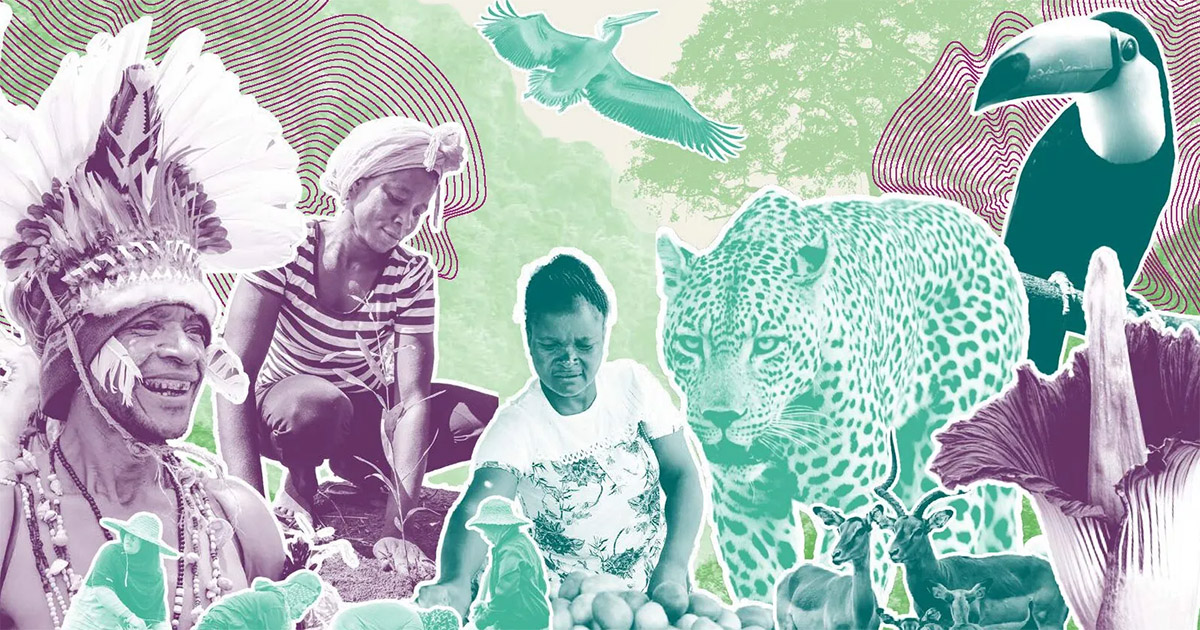Availability of high quality tree planting material within proximity of farmers and at affordable prices is one of the prerequisites for larger uptake of tree cultivation. This study examines whether rural small-scale nurseries can produce a diversity of tree planting material and whether resource-poor farmers have access to it. Twelve nurseries supported by the tree domestication program in the West and North-west regions of Cameroon were compared to 12 nurseries in similar conditions, but not in contact with the program. Nurseries using the domestication approach were found to provide tree planting material that responds better to farmers’ needs in terms of quantities, species and propagation methods used. Their clientele is more diverse including farmers from the communities where the nurseries are located, but also from far beyond. However, prices of vegetatively propagated material were considered the most prohibitive factor. It is concluded that tree planting initiatives should refocus efforts towards technical training and business support to small-scale nurseries to increase efficiency. Research efforts should look for ways of reducing production costs and improving nursery productivity.
DOI:
https://doi.org/10.1007/s11842-012-9220-4
Dimensões Contagem de citações:



















